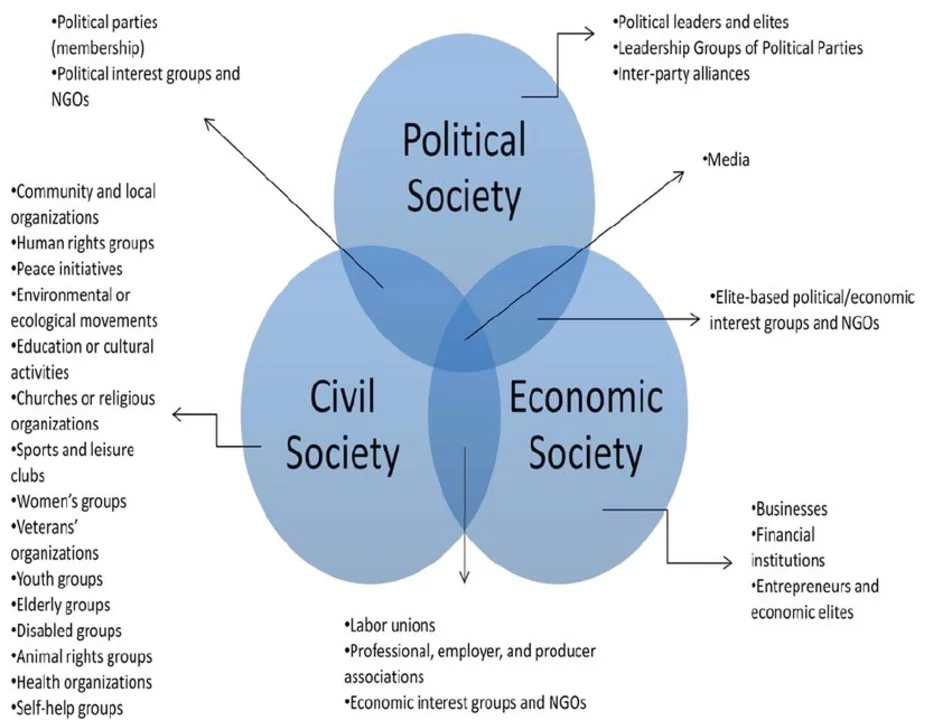Importance: How to Tell What Really Matters
You only get so much time, money, and energy. Saying something is “important” is easy. Figuring out whether it really is takes a few clear steps. This tag groups short guides and explainers that help you decide—on education, work, culture, fashion choices, loans, and more.
On this page you’ll find articles that actually help you weigh value. Want to know if a master's degree is worth it? There’s a post that breaks career gains and costs down. Wondering if switching a loan makes sense? We cover the pros and cons. Curious about cultural topics like language, dress, or appropriation? There are practical takes on what to consider and why it matters to different people.
Quick steps to judge importance
Start with one clear goal. Ask: what do I want next month, this year, or in five years? If a choice doesn’t move you toward any of those, it’s probably not a priority.
Measure the cost in real terms. Time, money, and risk are easy to underestimate. Write down how many hours, how much cash, and what could go wrong. That makes trade-offs obvious.
Check impact versus urgency. Urgent things scream for attention but often have low long-term value. Important things change your path. Give priority to high-impact, not just loud, tasks.
Test small before you commit. Want to see if a course will help your career? Take a short class or a part-time project first. Want to change your wardrobe or try a cultural style? Start with one item and see how you feel and how others react.
Ask for evidence. Look for real numbers, examples, or people who’ve tried it. Anecdotes are fine, but combine them with data—salary ranges, timelines, or supply-chain facts—before making big moves.
How to use this tag on Global News Insider
Scan the short descriptions to find the angle you need. Education posts focus on value and costs. Career pieces explain hours and expectations. Culture articles discuss identity, respect, and social norms. For market or fashion moves—like the Shein and Reliance story—look for notes on pricing, suppliers, and competition to see how consumer choices will be affected.
When you read, pick one action. Don’t just gather facts—decide one next step: call an advisor, compare prices, try a mini-experiment, or set a 30-day deadline. That turns “important” into useful action.
If you want quick wins, start with short practical posts: how to compare loans, what extracurriculars actually help students, or simple ways to test a course’s value. If you’re weighing identity or cultural questions, read with curiosity and respect—ask people from that culture when possible.
Use this tag to cut through noise. Treat each article as a tool: learn the fact, test it, and then act. That’s how you turn vague importance into real results.
